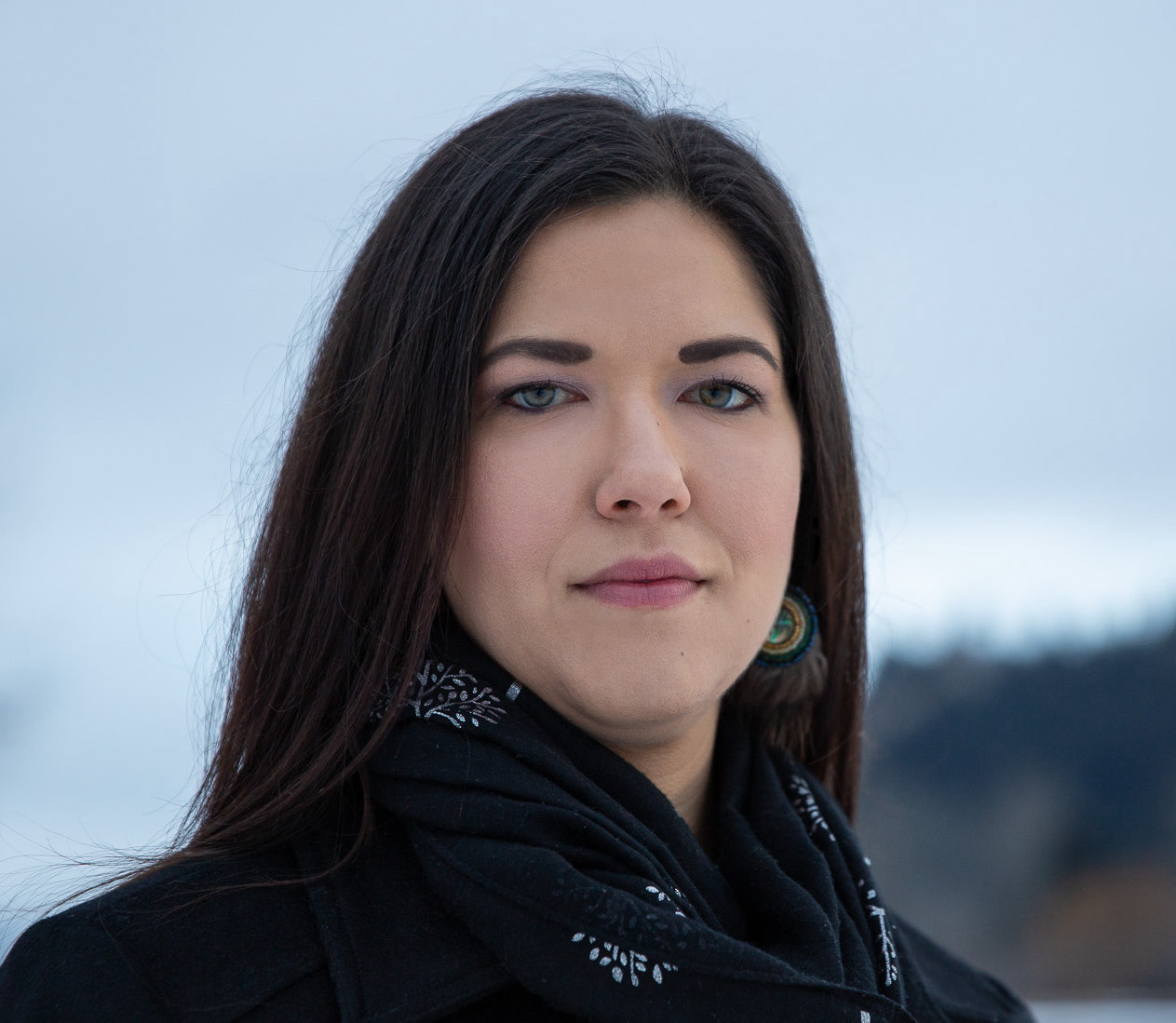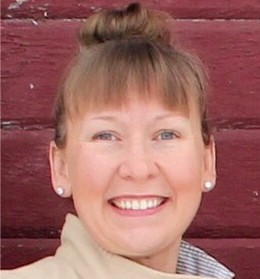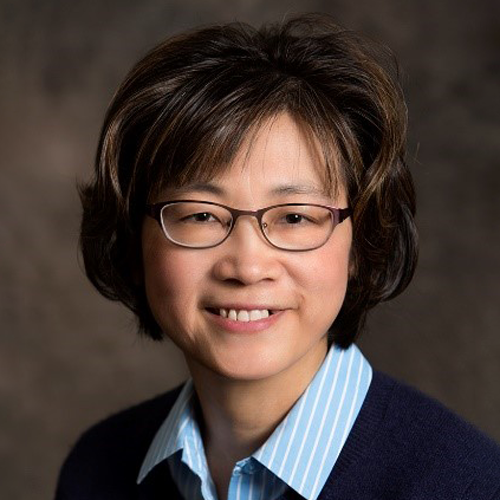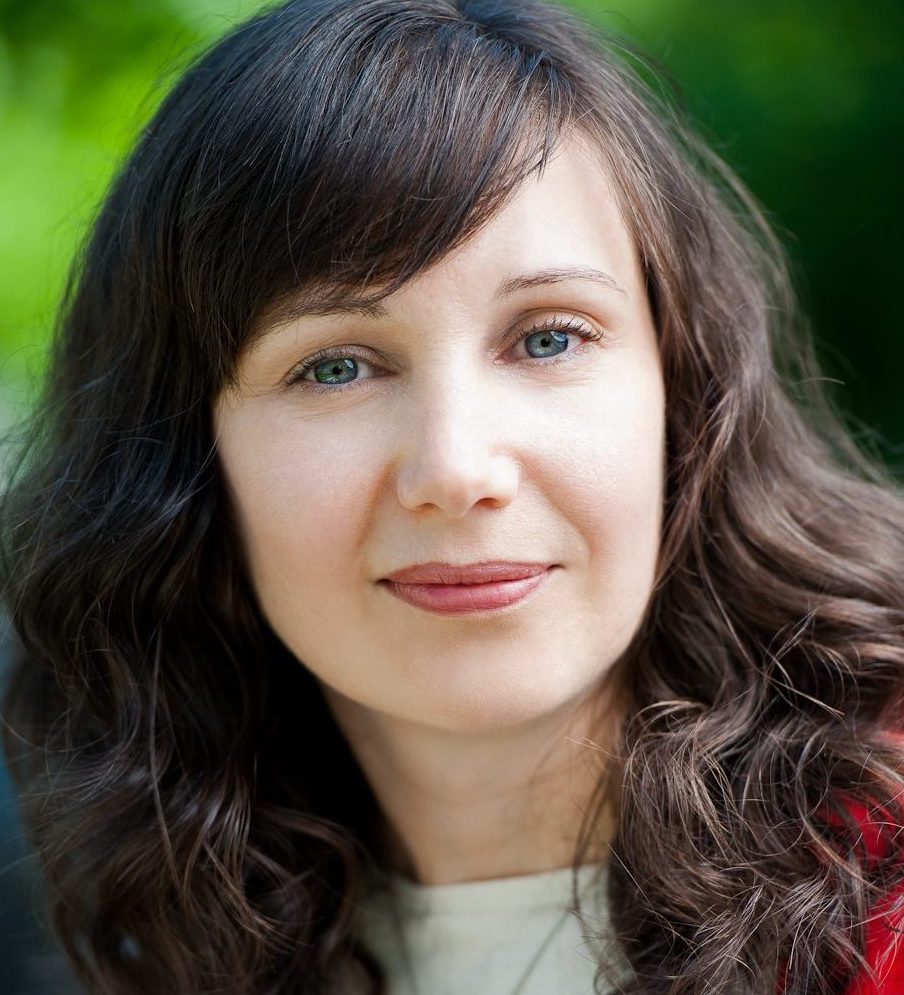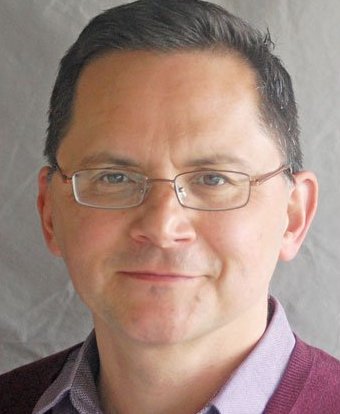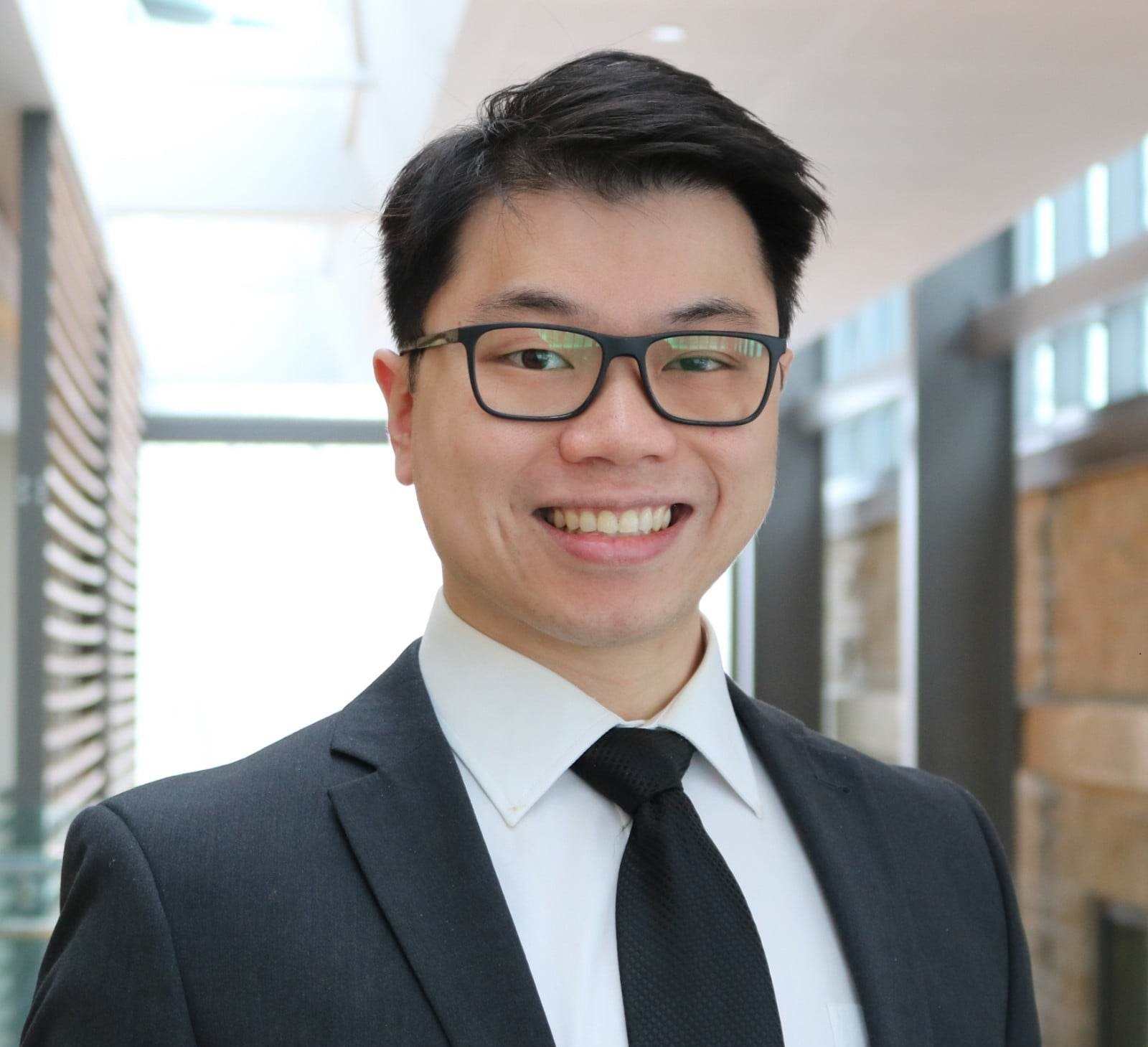DASH Event
Cafe Scientifique: Reinventing Cardiac Care - An AI-Empowered Paradigm
April 25, 2024, 5:30 pm to 8:30 pm
Check out the event report for a comprehensive summary of participant feedback and insights.
Join us for an engaging conversation about how AI and your data can transform heart failure and our healthcare system.
Data is increasingly shaping our healthcare landscape. From electronic health records to wearable devices, huge amounts of data are generated every hour, offering insights into individual and community health trends, treatment efficacy, and resource allocation. Analyzing these data can allow healthcare providers to personalize treatments, predict health outcomes, and streamline operations for better patient care. However, realizing this potential will require access to large amounts of personal health information and advanced computational capabilities.
With our clinical and research partners, we are developing artificial intelligence algorithms that can analyze patient heart ultrasounds, or echocardiograms, and detect the presence of heart diseases in real time. The goal of this AI-guided tool is to support primary care so that patients have faster access to the echocardiograms they need to receive tailored healthcare in their own communities.
We extend our warm invitation to all families, healthcare providers, and knowledge keepers from BC’s communities to join us at our public engagement event and share your perspectives, preferences, concerns, and questions related to the development and deployment of AI tools for healthcare. These conversations will guide the practical applications of AI research and how best to implement these advances for the benefit of you, your family, and your community alike.
What is the purpose of this event?
- Demonstrate a novel AI-guided echocardiography tool developed by front line clinicians in partnership with UBC engineering and health authority partners.
- Educate the public about the potential of AI in improving cardiac imaging access, how this could impact rural areas and potentially change heart failure management.
- Encourage collaboration and knowledge exchange between stakeholders from diverse backgrounds, including healthcare professionals, policymakers, and community members.
- Gather stakeholder perspectives on the development and use of AI tools in healthcare.
- Facilitate discussions on the ethical and privacy implications of utilizing health data for AI development in healthcare.
What happens next?
- A report will be produced to summarize participant feedback and contributions and will guide the development of future stakeholder engagement, which may include deliberative democracy workshops, focus groups, and surveys.
- A video of event highlights and key messages will be produced to promote our findings to key health sector stakeholders including research and health system funders.
AGENDA
5:30 PM - 6:00 PM | Reception and Interactive Exhibits Join us for light refreshments and interactive stations where you can share your questions and perspectives on AI in healthcare. |
6:00 PM - 6:15 PM | Introducing the Data Science and Health Initiative and Healthcare AI (Dr. Anita Palepu) Learn how data and analytics are shaping the way we deliver healthcare in BC. |
6:15 PM - 6:45 PM | AI Echocardiography - What Is It and What Can It Do? (Dr. Teresa Tsang) Explore how technology developed in BC can improve cardiac care. |
6:45 PM - 7:00 PM | Impact of AI on Rural Healthcare (Dr. John Pawlovich) Gain an understanding of how advances in technology are transforming health delivery and shaping primary care. |
7:00 PM - 7:30 PM | Interactive Discussions Join the conversation in our breakout groups and exhibits focused on three key themes: using health data to develop AI, community engagement, and rural implementation. Share your thoughts, preferences, and questions, and have a chance to engage with experts in the field. |
7:30 PM - 8:30 PM | Panel Discussion Panelists with expertise in AI, cardiology, rural and primary practice, data access and Indigenous health will answer your questions about healthcare AI, how is is created, used, and what this technology means for you. |
KEYNOTE SPEAKERS & PANELISTS
MODERATOR
SESSION FACILITATORS (TBA)
